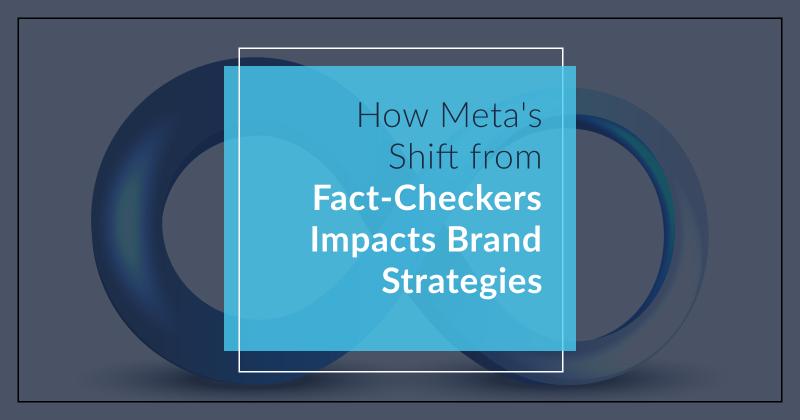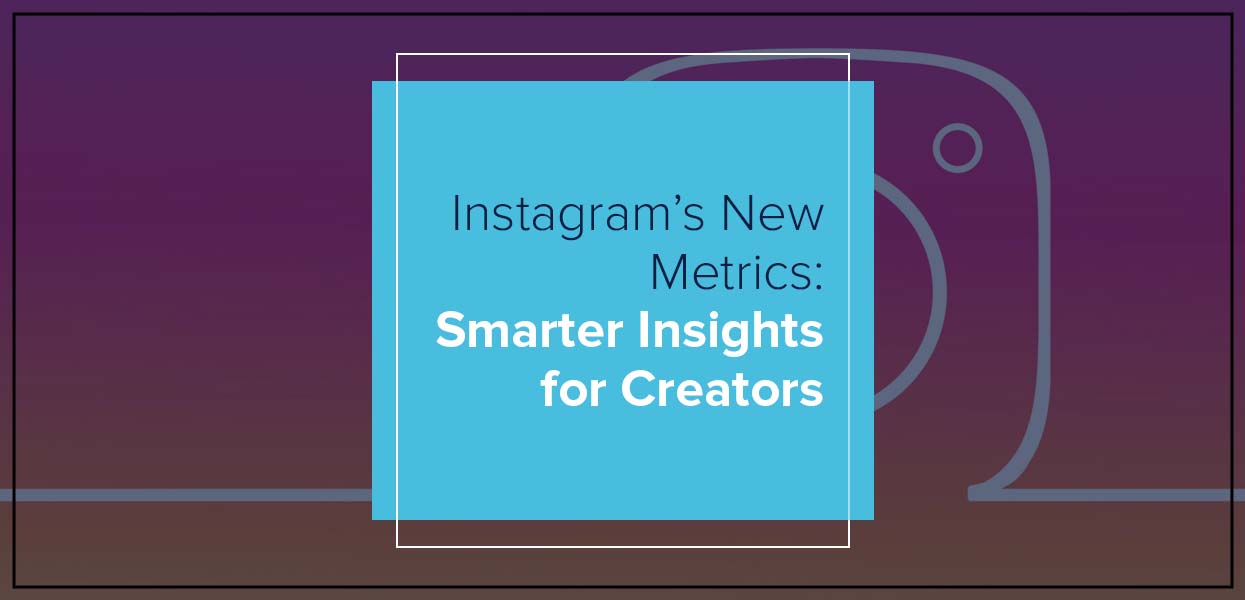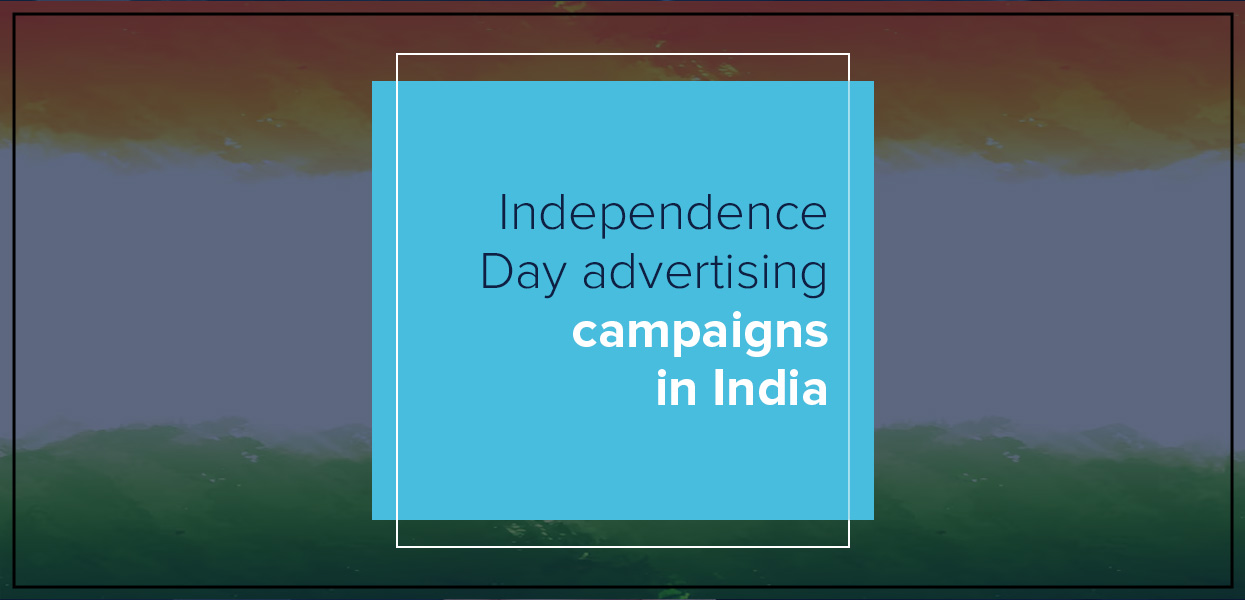How Meta's End of Fact-Checking Affects Brands' Strategy

Meta's Shift: What It Means for Brands in the New Digital Era
Meta’s recent decision to discontinue its partnership with fact-checking organizations has sent ripples across the digital landscape. At a time when the integrity of online information is more critical than ever, Meta’s shift signals a bold, and some might say risky, redefinition of its content moderation approach.
But what does this mean for brands navigating an already complex online ecosystem?
For businesses, this change is not just a headline; it’s a pivotal moment that could redefine the rules of engagement in the digital world.
As misinformation and polarizing content are handled differently, brands must consider the long-term implications for trust, authenticity, and audience engagement.
What Does This Change Mean for Meta?
Meta’s partnership with fact-checking organizations was introduced to combat the rampant spread of misinformation on its platforms, including Facebook and Instagram. These collaborations aimed to ensure that flagged content was reviewed and labeled accurately to prevent the dissemination of fake news.
However, Meta’s decision to end these partnerships marks a significant shift in its priorities. In place of fact-checking organizations, Meta is now focusing on community-driven initiatives, such as its “Community Notes” feature, inspired by similar approaches on X (formerly Twitter). This change reflects Meta’s belief that empowering users to moderate and fact-check content collectively may yield better results than relying on external fact-checking bodies.
However, critics argue that this approach may lack the rigor and impartiality that professional fact-checkers bring.
A Shift Towards Community-Driven Initiatives
Meta now emphasizes user participation in content moderation. By allowing its vast user base to collectively fact-check and moderate content, the company believes it can enhance the accuracy and authenticity of what is shared. This shift could help build a sense of shared responsibility for the quality of information circulated online.
The Pros and Cons of User-Moderation
While empowering users sounds promising, there are valid concerns. Critics argue that user-driven moderation may lack the consistency and accuracy needed to effectively curb misinformation. Algorithms may also struggle to capture the nuances of complex topics, leading to skewed or incomplete information being flagged or allowed.
Meta’s Ongoing Stance on Misinformation
Meta’s commitment to addressing misinformation remains under scrutiny. While the company claims to be tackling fake news head-on, this decision raises questions about the efficacy of its strategies in the absence of professional validation. As misinformation continues to evolve, brands must stay vigilant and monitor how these changes impact Meta’s credibility.
The Impact on Content Moderation
Meta’s withdrawal from fact-checking partnerships marks a turning point in how content is moderated on its platforms. With professional fact-checkers no longer in the picture, the responsibility for filtering misinformation now largely falls on algorithms and community-driven initiatives.
On one hand, empowering users to engage with content moderation could increase participation and foster a sense of community. On the other hand, it introduces new concerns about reliability and consistency. Algorithms are far from perfect, and user-driven moderation may not have the necessary safeguards to prevent the spread of misleading information effectively.
This shift may also impact user trust in Meta’s platforms. If misinformation spreads unchecked, it could erode confidence in the information shared across Facebook, Instagram, and WhatsApp. This could lead to skepticism among users, diminishing the value of the platform over time.
For brands, the implications are clear. Platforms struggling with misinformation may see a decline in user trust, which could spill over to businesses advertising on those platforms. Maintaining a balance between leveraging Meta’s vast audience and safeguarding brand integrity will be crucial.
How This Affects Brands Advertising on Meta
Meta’s platforms remain invaluable for businesses seeking to reach diverse audiences. With Facebook, Instagram, and WhatsApp offering unparalleled opportunities for targeted advertising and engagement, the platforms continue to play a pivotal role in business growth.
However, stepping away from fact-checking introduces new risks for advertisers.
Brand Safety Concerns:
Without robust fact-checking, the likelihood of ads appearing alongside misleading or harmful content increases. This can damage a brand’s reputation, as audiences may begin associating the brand with misinformation. Brands must now navigate the challenge of ensuring the credibility and accuracy of their content to maintain trust.
The absence of professional fact-checking may also alter how ads are perceived by audiences. Therefore, businesses must proactively mitigate these risks by producing highly vetted, reliable content and ensuring transparency in their communications.
Best Practices for Brands in the Post-Fact-Checker Era
In the wake of Meta’s decision, brands must adapt to maintain credibility and audience trust. Here are some best practices:
Focus on Transparency:
Ensure that all claims made in your content and advertising are backed by reliable, verifiable sources. This helps position your brand as a trusted entity.Moderate User-Generated Content:
Actively monitor and moderate content shared by users on your pages to prevent misinformation from spreading.Educate Your Audience:
Encourage critical engagement by providing tools or information that help your audience distinguish between credible and misleading content.Leverage External Fact-Checking Tools:
While Meta may have moved away from professional fact-checking, brands can still utilize third-party tools to verify their content.
By taking these proactive steps, businesses can effectively navigate the evolving digital landscape and maintain their reputation, even in the absence of Meta’s fact-checking partnerships.
Legal and Ethical Implications
Meta’s decision also carries legal and ethical consequences for brands. Without stringent content moderation, the risk of being associated with misleading information increases. This could lead to legal challenges, especially in industries with strict compliance requirements, such as healthcare and finance.
Ethically, brands must ensure that their content does not contribute to the spread of misinformation. Prioritizing accuracy and responsible messaging is essential for maintaining integrity and building stronger relationships with your audience.
Conclusion
Meta’s departure from fact-checking partnerships marks a significant turning point in the digital landscape.
For brands, this change demands an immediate reevaluation of strategies to maintain trust and authenticity. Emphasizing transparency, proactive content moderation and audience education will be key to navigating these evolving challenges.
At Uniworld Studios, we understand the complexities of managing a brand’s digital presence in this new era. With our expertise in digital strategy, we can help you adapt and thrive, ensuring your brand remains credible, authoritative, and ahead of the curve.
From tailored campaigns to optimized content moderation, we’re here to guide you through the ever-changing digital landscape and keep your brand at the forefront of audience trust.
Categories
- Digital Marketing
- Website Development
- Graphic Design
- Content Writing
Latest Posts
-
- Essential Marketing & Advertising Keywords 2025



